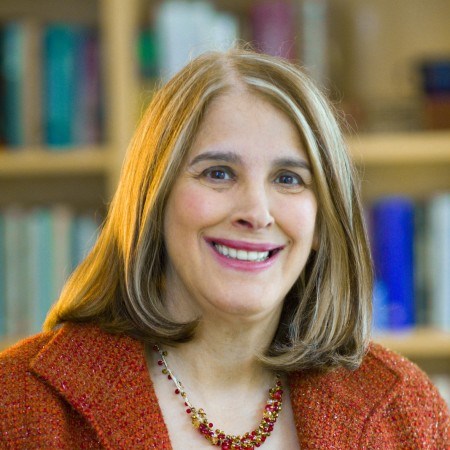‘At this stage of life, when I say ‘the other day’ I could be referring to any time between yesterday and 15 years ago.”
Yes, a very funny quote going the social media rounds these days.
I did laugh — sort of.
What isn’t funny is the fact that as we “lifelong learners” (as we like to think of ourselves) age, we become concerned about “losing it” with every name we forget, every phone, password or PIN number we can’t bring straight to mind.
However, aging is often wrongly associated with a decline in cognitive abilities, especially those abilities important for maintaining functional independence such as learning new skills or pursuing further and enhancing old skills.
The aging/learning question remains moot despite a plethora of tests and studies that seem, at first glance, to suggest that older people may do less well than younger people on standard intelligence tests.
But when other studies follow individuals over time, very little decline is seen. Tests of verbal skill such as information retention, vocabulary and comprehension seem to remain steady.
In fact, it might be the case that traditional intelligence tests are not appropriate to measure intellectual functioning as we age.
As seniors, we are often encouraged to stay active and engaged to keep our minds sharp. “Use it or lose it,” we are warned, but new research indicates that only certain learning challenges can be regarded as the kind of mentally demanding activities likely to improve cognitive functioning.
An article in Psychological Science, a journal of the Association of Psychological Science quotes scientist and lead researcher Dr. Denise Park, of the University of Texas at Dallas, as explaining: “When you are inside your comfort zone, you may be outside of the enhancement zone.”
Park goes on to suggest that less-demanding activities, such as listening to classical music or completing word puzzles, probably won’t bring significant cognitive benefits to an aging mind.
“It is important to get out and do something that is unfamiliar and mentally challenging, something that provides broad stimulation mentally and socially,” she says.
There is, for example, no reason to expect an absence of creative intellectual accomplishment among people later in life.
Athenian dramatist Sophocles was 89 when, in 400 BC, his oldest son brought suit against him in an Athenian court, claiming that Sophocles had grown senile and was unable to manage his estate.
In defence, Sophocles read aloud to the court a draft of a play he was working on. It was Oedipus at Colonus, which, along with Shakespeare’s King Lear, is one of the great plays about old age.
The case against Sophocles case was instantly dismissed.
Galileo did his best writing, Dialogues Concerning the New Sciences, at 72. Benjamin Franklin invented bifocals and studied lead poisoning at 79. Bach, Beethoven, Monteverdi, Verdi and Stravinsky produced some of their greatest works much later in life.
The Solomon R. Guggenheim museum in New York City was the last commission of architect Frank Lloyd Wright, a project that occupied him until his death at the age of 92.
New Mexico artist Georgia O’Keeffe continued to paint despite failing eyesight into her late 90s.
So there is growing evidence that the brain remains “plastic” —able to adapt to new challenges and tasks as people age.
Aging may also bring positive cognitive changes. People often have more knowledge and insight from a lifetime of experiences.
An article published by the Mayo Clinic, Healthy Aging, suggests that staying mentally active may help sustain memory and thinking skills and instances taking up a new hobby or learning a new language or to how to play an instrument all fall into the category of the right kind of challenging mental activity.
Harvard Health Publishing, a publication by the Harvard Medical School, advocates that while brain games such as puzzles and crosswords can improve working memory — the ability to remember and retrieve information — their research has found that those activities do not expand other brain functions such as reasoning and problem solving.
The same publication quotes research showing that new knowledge pays off. For example, a study in the June 2014 issue of Annals of Neurology found speaking two or more languages, even if you learned the second language in adulthood, may slow age-related cognitive decline.
Social interaction also helps ward off depression and stress. Loneliness can contribute to memory loss.
As the oldest person to board a U.S. space shuttle at age 77, Sen. John Glenn, who lived to be 95, exemplified the view that we shouldn’t let age define us: “Too many people, when they get old, think that they have to live by the calendar.”
Geoff Johnson is a former superintendent of schools.



